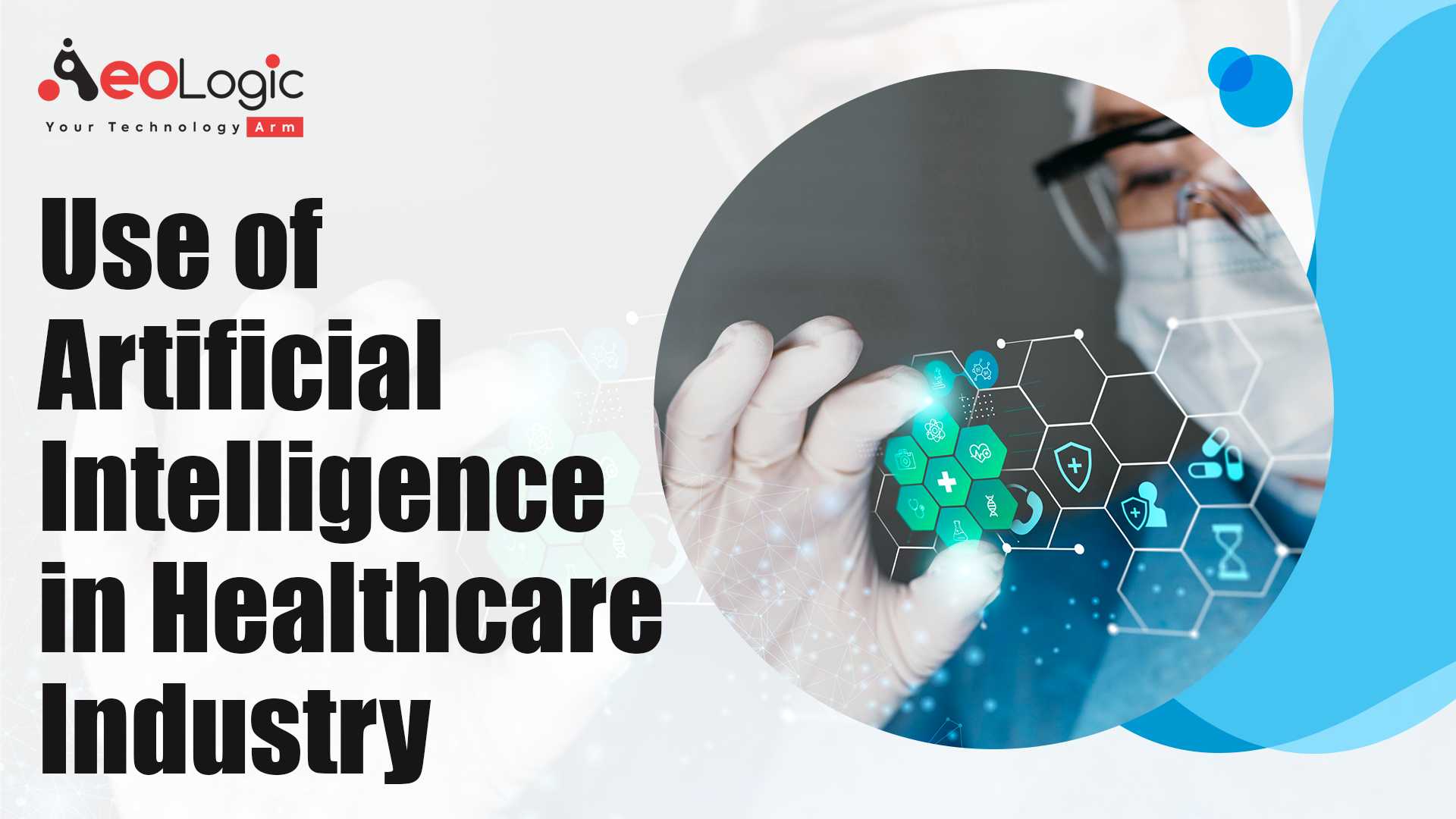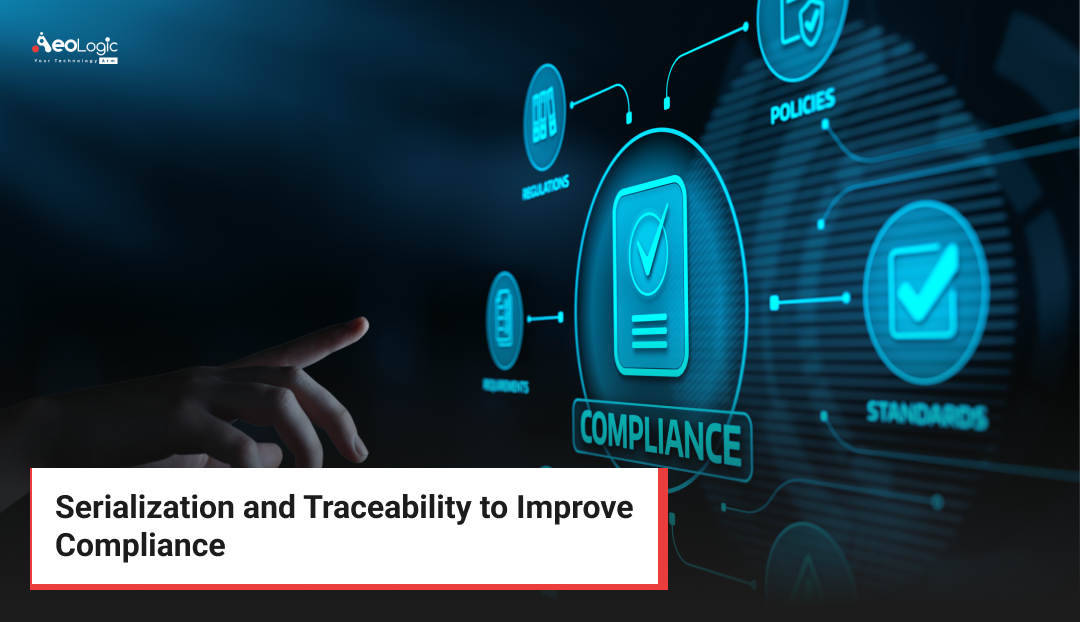Artificial Intelligence (AI) is rapidly transforming various industries and healthcare is no exception. The healthcare industry is one of the largest and most complex industries in the world, and AI has the potential to revolutionize the way healthcare is delivered. From improving patient outcomes to increasing efficiency and reducing costs, the use of AI in healthcare is poised to bring about significant changes in the years to come. In this blog, we will delve into the various ways AI is being used in the healthcare industry and the potential benefits it brings to the table. So, buckle up and get ready to explore the exciting world of AI in healthcare!
What is Artificial Intelligence (AI) and How is it being used in Healthcare?
Artificial Intelligence (AI) is a branch of computer science that deals with the creation of intelligent machines that can work and react like humans. AI is being used in healthcare to diagnose and treat patients, develop new drugs, and improve the efficiency of hospital operations.
In recent years, AI has been used to develop diagnostic tools that can detect diseases such as cancer at an early stage. AI is also being used to create new drugs and to improve the efficiency of hospital operations.
AI has the potential to transform healthcare in a number of ways. It can help to improve the accuracy of diagnoses, to develop new treatments, and to make hospital operations more efficient. AI could also help to reduce the cost of healthcare.
The use of AI in healthcare is still in its early stages, but it is expected to grow rapidly in the coming years.
Also Read: Importance of Artificial Intelligence in Transportation
The Benefits of Using AI in Healthcare
Artificial intelligence (AI) is being increasingly used in a variety of healthcare applications. Some of the potential benefits of using AI in healthcare include:
- Improved patient care: AI can be used to help doctors and other healthcare professionals provide better patient care. For example, AI can be used to help doctors diagnose diseases more accurately and to develop personalized treatment plans for patients.
- Reduced costs: AI can help reduce the costs of healthcare by improving efficiency and accuracy. For example, AI can be used to automate administrative tasks such as insurance claims processing.
- Improved access to care: AI can help improve access to care by making it easier for patients to find and schedule appointments with doctors. For example, AI can be used to develop chatbots that help patients schedule appointments and answer questions about their health.
- Enhanced research: AI can help enhance research by providing new insights into diseases and potential treatments. For example, AI can be used to analyze large data sets to identify patterns and trends that could lead to new discoveries.
- improved public health: AI can help improve public health by providing early detection and warning of disease outbreaks. For example, AI can be used to analyze data from surveillance cameras and wearable devices to detect early signs of a disease outbreak.
Also Read: Main Role of Artificial Intelligence in Education and Learning
The Challenges of using AI in Healthcare
The healthcare industry is one of the most rapidly evolving sectors in the world today. With the ever-growing amount of data being generated by electronic health records, clinical trials, and wearables, the potential for artificial intelligence (AI) to transform healthcare is immense.
However, there are several challenges that need to be addressed before AI can truly be adopted in healthcare on a large scale.
Lack of data standardization
One of AI’s biggest challenges in healthcare is the lack of data standardization. Different hospitals and clinics use different electronic health record (EHR) systems, which often leads to data being stored in silos. This makes it difficult to share data across different healthcare organizations and makes it harder for AI algorithms to learn from a large pool of data.
Lack of interoperability
Another challenge related to data is the lack of interoperability between different EHR systems. Even if data is standardized, different EHR systems often use different formats, making it difficult to exchange data between them. This lack of interoperability is a major barrier to the adoption of AI in healthcare.
Ethical and privacy concerns
AI algorithms need large amounts of data to be effective. However, collecting and sharing patient data raises a number of ethical and privacy concerns. Healthcare organizations need to be careful about how they collect and use patient data, to ensure that patient privacy is not violated.
Biases in data
AI algorithms are only as good as the data they are trained on. If the data is biased, the algorithms will be biased as well. For example, if an AI algorithm is trained on data that is mostly from male patients, it might not be able to accurately predict outcomes for female patients. This is a major challenge that needs to be addressed before AI can be widely adopted in healthcare.
Lack of AI expertise
Another challenge facing AI in healthcare is the lack of AI expertise. Many healthcare organizations do not have the in-house expertise to develop and deploy AI algorithms. This lack of expertise often leads to the use of off-the-shelf AI solutions, which might not be tailored to the specific needs of the organization.
Also Read: The Role of AI in Shaping the Future of Education Industry
The Future of AI in Healthcare
The future of AI in healthcare is shrouded in potential but fraught with uncertainty. But despite the many unknowns about the future, there are a number of factors that suggest that AI will become increasingly important in healthcare.
First, the amount of data being generated by the healthcare system is growing exponentially, and it is becoming increasingly difficult for humans to make sense of it all.
Second, the cost of computing power and storage is falling rapidly, making it more feasible to use AI to process and understand this data.
Third, machine learning algorithms are becoming more sophisticated and are able to learn from data more effectively.
Finally, there is a growing recognition among healthcare organizations of the potential of AI to improve patient care.
The future of AI in healthcare is bright. With the right investment in data, algorithms, and infrastructure, AI has the potential to transform healthcare for the better.
Also Read: 10 Ways to Use Artificial Intelligence to Improve Business Processes
Conclusion
In conclusion, AI has the potential to transform the healthcare industry by improving patient outcomes, increasing efficiency and reducing costs. However, there are still challenges to be addressed such as data privacy, ethical considerations and improving AI system accuracy. Despite these challenges, the benefits of AI in healthcare make it a promising area for continued investment and research.
Are you looking to implement Artificial Intelligence into your business? If yes, so, please feel free to contact us at support@aeologic.com
Related Blogs:
- How AI/ML Can Change the Public Transportation Industry
- Transforming Business With Digital Technology in the Oil Palm Industry in India
- Importance of Digital Asset Management in the Retail Industry
- How AI is Transforming the Agriculture Industry
- 10 Ways to Use Artificial Intelligence to Improve Business Processes
- The Future of IoT Technology in Convenience Stores
- Building Manufacturing Resilience Through AI and ML

I’m Deepika Pandey, an SEO strategist and content writer with 6+ years of experience. I create SEO-friendly content that drives traffic and engages readers. I combine data insights with creativity to help businesses grow their online presence effectively.






